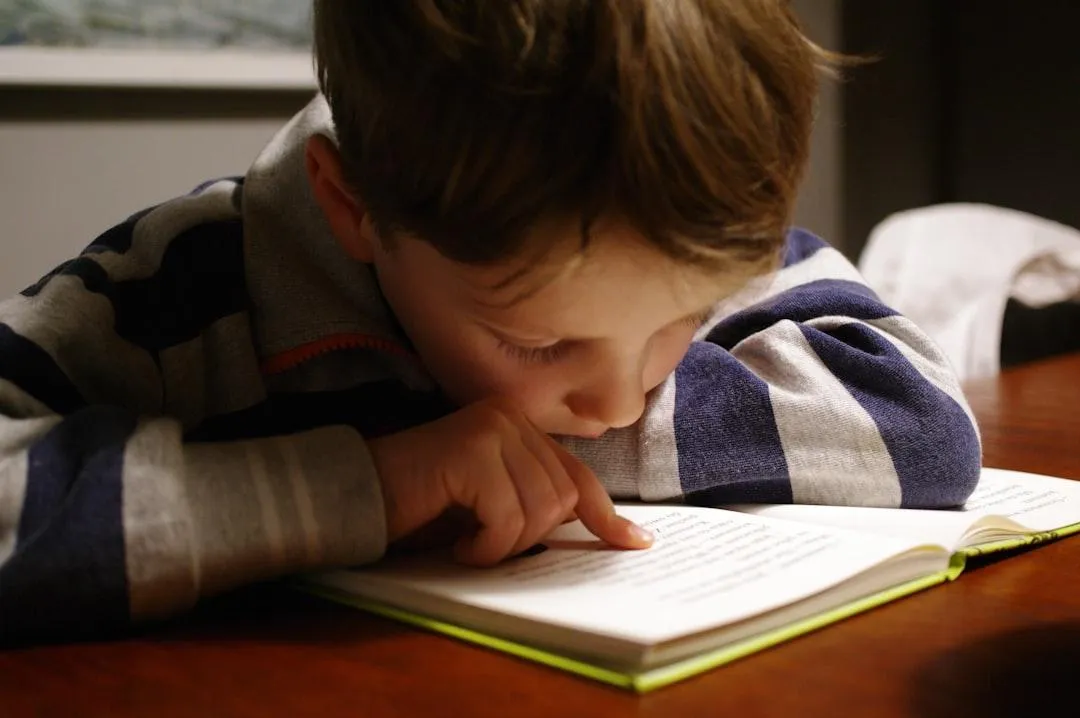
Back-to-School Sleep: How to Make Bedtimes Quicker & Stress-Free
With the return to school and the start of a new academic year, many parents are reaching out with one big question: “What time should my child go to bed?”
Sleep is one of the most important parts of a child’s well-being, but it often gets squeezed by homework, after-school clubs, and screen time. So, how much sleep do children really need - and how can you make bedtimes easier?
How Much Sleep Does a 6–13 Year Old Need?
According to sleep experts, children aged 6 to 13 years old need between 9 to 11 hours of sleep each night.
The minimum recommended is 9 hours.
The ideal range is 9 to 11 hours.
Some children may need up to 12 hours, depending on their growth, activity level, and temperament.
👉 For example, if your 10 years old needs to wake up at 7:00am, they’ll likely thrive on a bedtime between 8:00 - 8:30pm (which means they will likely be asleep between 8:30 - 9:00pm)
Getting enough sleep helps children:
Stay focused at school
Regulate emotions and behaviour
Boost memory and learning
Strengthen their immune system
Support healthy growth and development
3 Tips to Improve Your Child’s Bedtime Routine
1. Set an Age-Appropriate Bedtime
Think of bedtime like getting the right size shoes - it has to fit your child’s age and stage. Sticking to an age-appropriate bedtime helps avoid overtiredness, bedtime battles, and middle of the night wakings.
If you’re unsure what’s right for your child, just hit reply and I’ll happily guide you.
Consistency is key: going to bed and waking up at the same time each day helps reset their internal body clock and makes bedtime smoother.
2. Turn Off Screens and Devices at least 30 Minutes Before Bedtime
The blue light from tablets, phones, and TVs can interfere with the natural release of melatonin - the sleep hormone.
Aim to switch off all screens at least 30 minutes before bedtime, and instead try calming, screen-free activities such as:
Reading a bedtime story together
Gentle colouring or drawing/puzzles
Talking about the best parts of the day
This gentle transition signals, “It’s time to sleep,” and makes winding down easier.
3. Create a Comfortable Sleep Space
A cosy, safe, and familiar sleep space makes a huge difference. Encourage your child to help create their own sleep haven:
Let them choose soft blankets or pillows
Offer a favourite cuddly toy for comfort
Keep lighting soft (ideally red or amber in colour) and the bedroom cool
Spending a little one to one time together at bedtime - whether reading, talking, or cuddling - helps your child associate their bed with calm, comfort, and security. Plus having a bit of quality one to one time with you will create positive thoughts and associations.
Why Sleep Matters More Than Ever
As your child grows, sleep fuels both body and brain development. A well-rested child is more resilient, focused, and ready to thrive at school and beyond.
If bedtimes currently feel like a struggle, don’t worry - you’re not alone. With patience, consistency, and a few gentle changes, you can transform your child’s evenings into calmer, happier nights.
✨ Need more personalised help? I’d love to support you. Use the calendar below to book a complimentary call and take the first step towards better sleep for your child.

